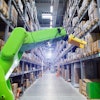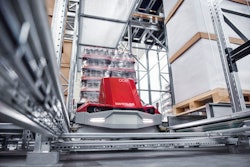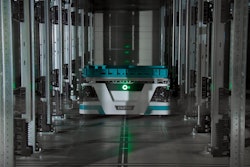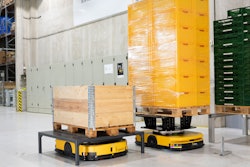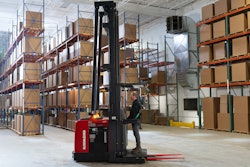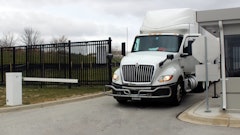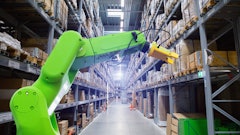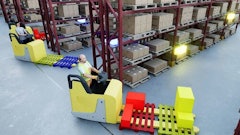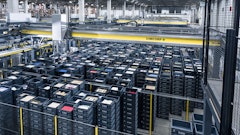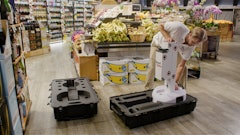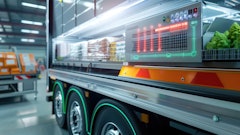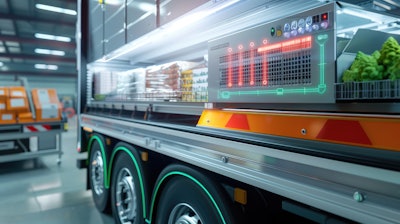
From missing product to stolen trucks, cargo fraud in the cold food chain is at the highest it’s ever been – ever.
A 2024 global report and analysis from BSI Consulting highlights the critical supply chain challenges businesses must navigate, from the high number of U.S. thefts to the growing vulnerabilities in the trucking industry.
For instance, in 2024, food, beverages, and agricultural products continue to be the top commodities at risk of theft in the global supply chain. Thefts rose 77% globally and accounted for nearly one-third (32%) of all incidents last year, against a backdrop of inflation and rising food prices in many major economies.
Verisk CargoNet, a business unit of Verisk, reports record-breaking cargo theft activity across the United States and Canada, reaching unprecedented levels in 2024, with 3,625 reported incidents, representing a 27% increase from 2023. The estimated average value per theft rose to $202,364, up from $187,895 in 2023.
Subscribe to our bi-weekly e-newsletter: Cold Chain Insights
With cargo fraud and cybersecurity on the rise, supply chain organizations have no choice but to begin automating their warehouses. But what happens in the event companies decide against it?
“Cold chain companies that fail to invest in warehouse automation are vulnerable to significant risks related to cargo fraud and cybersecurity. These businesses need to use automated tracking systems (IoT sensors, RFID, etc.) to deter thieves from tampering with temperature-sensitive cargo. Lost and stolen products are sensitive to spoilage if not tracked accordingly. Data from these tracking devices can be automatically generated for record-keeping. Manual record-keeping can be manipulated, leading to false claims of compliance,” says Keith Moore, CEO, AutoScheduler.AI. “Cyberattacks targeting vulnerable systems could compromise sensitive information, such as supply chain data, customer details, or compliance documentation. These attacks can also disrupt warehouse operations, delaying shipments, which may cause food spoilage. Manual processes are prone to errors, which can lead to product loss or non-compliance. Automation reduces these risks.”
Beyond a risk mitigation factor, companies that fail to implement warehouse automation of any kind also expose themselves to significant risks leading to operational, financial and reputational damage, says Merry Frayne, product manager, industrial inspections, Boston Dynamics.
“Automated robots can help reduce cargo fraud by monitoring and patrolling warehouse space autonomously. Robots can track changes in real-time and identify anomalies that may indicate theft or tampering and send alerts to facility teams to investigate further. This allows for rapid responses and improved supply chain security,” Frayne adds.
Furthermore, companies that fail to invest in automation could face other kinds of risks, such as increased theft and fraud, system breaches, data compromises, and the inability to comply with regulations, resulting in violations and penalties, says Steve Pullo, EVP, Made4net.
“The cold food chain is one of the most complex and challenging areas of the supply chain, with countless variables that can impact product integrity, regulatory compliance, and operational efficiency. From temperature fluctuations to evolving customer demands and supply chain disruptions, businesses need a way to control what they can—starting with their inventory,” says Pullo.



